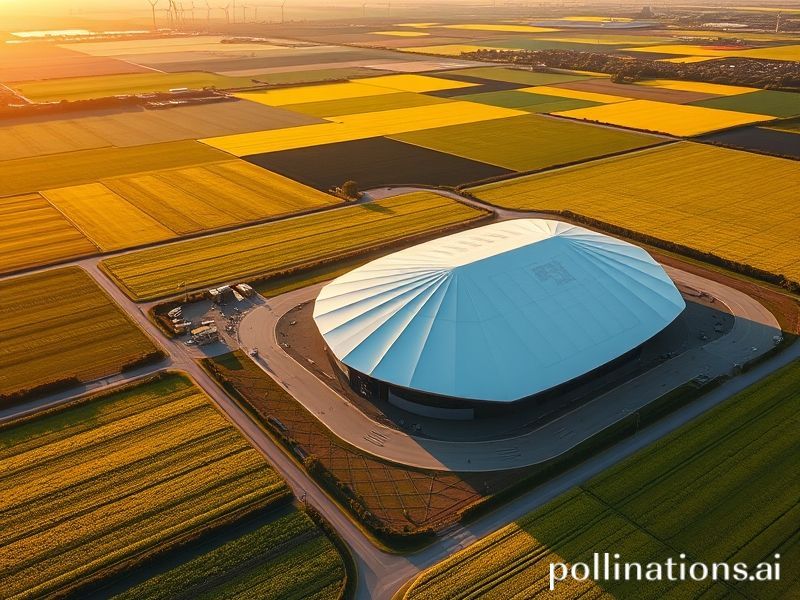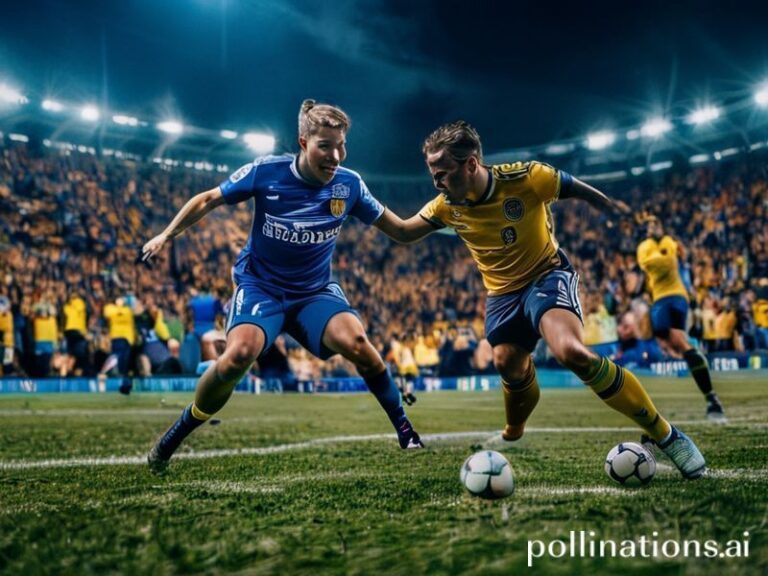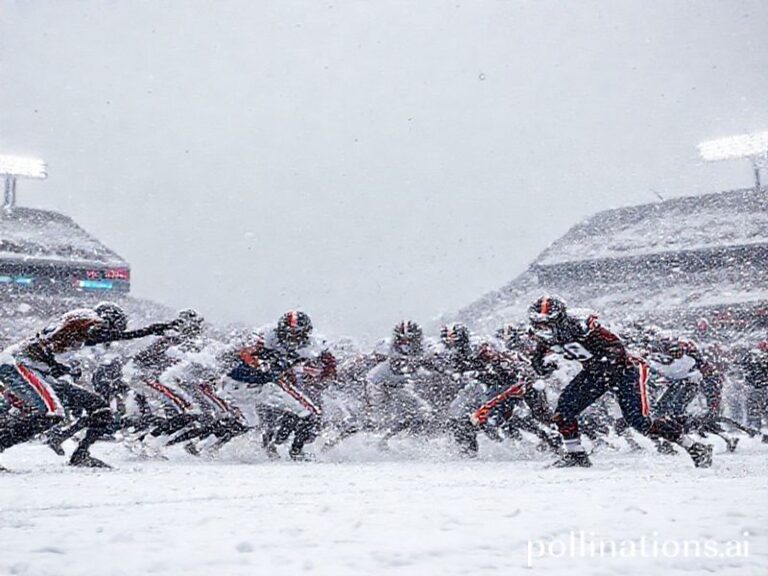Midtjylland: How a Danish Cow Town Learned to Break Global Football—and Egos—With Spreadsheets
Midtjylland, Denmark – a name that sounds like a sneeze and looks on the map like the place cartographers forgot to label properly. To the rest of the planet, the region is usually filed under “somewhere between Lego and hygge,” yet this modest slab of Jutland currently exports more geopolitical angst per capita than most mid-sized republics. The cause isn’t Viking longboats or existential pastries (though both remain robust industries), but rather FC Midtjylland: a football club that has turned the provincial into the profoundly annoying for every super-club accountant from Abu Dhabi to Beverly Hills.
FC Midtjylland’s secret sauce is equal parts data, dairy subsidies, and low-grade Scandinavian vengeance. While Barcelona was busy staging another celebrity séance around Messi’s ghost and Manchester United experimented with the economic concept of paying someone not to play, the Wolves of the West Danish moorlands built an algorithm that could spot a left-footed Moldovan teenager before his own mother noticed he was gone. The result? A team valued less than one week of Neymar’s Instagram ads keeps dumping Champions League royalty out of Europe like overpriced cognac down the sink.
Globally, the affair lands somewhere between cautionary tale and late-capitalist punchline. Midtjylland’s rise suggests that if you give a region of 1.3 million humans, plentiful wind turbines, and a collective tolerance for winter depression access to Big Data, they will weaponize it to ruin your Super League fantasies. Qatar’s sovereign wealth fund, meanwhile, just discovered that money can buy Neymar, but it can’t buy the regression analysis that tells you he’s going to pull a hamstring whenever the thermostat drops below 12°C.
The ripples travel well beyond football. Silicon Valley VCs, always eager to monetize anything that smells faintly of disruption, now host “Scandi Model” brunches where they discuss how to replicate Midtjylland’s success in, say, turning the Sacramento Kings into an elite curling franchise. Management consultants from Boston to Bangalore have adopted the club’s catchphrase—“We are not a team, we are a probability distribution”—and charge $300 an hour to explain it to executives who still think blockchain is a type of Scandinavian chewing gum.
Even the European Union, an institution that normally treats sport the way a vegan treats a blood sausage, recently cited Midtjylland as proof that “regional ecosystems can punch above their weight class.” Translation: if a windswept peninsula famous mainly for pork and existential crime dramas can compete with sovereign wealth, maybe Greece should try fielding a squad of actuaries. Brussels has begun quietly funneling cohesion funds into esports leagues in Galicia and beetle-wrestling startups in Slovenia, because nothing says “ever-closer union” like gamifying despair.
But the sharpest barbs are reserved for the global talent pipeline itself. Brazilian wonderkids who once dreamed of Real Madrid’s marble corridors now weigh the prospect of a flat-pack house in Herning against the moral certainty that PSG will bench them as soon as they sprout an opinion. Agents, those delightful parasites of international sport, now list “willingness to learn Danish cursing” as a marketable skill. Somewhere in Lagos or Bogotá, a 14-year-old is practicing the guttural “r” in “Randers” because YouTube told him it’s the sound of upward mobility.
Of course, the universe remains fundamentally unfair. Midtjylland’s next Europa League opponent will likely be bankrolled by a petro-state whose GDP fluctuates with the price of Brent crude, and the Danes will still be asked to play in a stadium whose capacity is roughly equal to the average queue outside a Copenhagen bakery on a Friday afternoon. When the inevitable upset occurs, pundits will hail it as a triumph of the human spirit, then cut to commercial for a Saudi airline.
So remember the name: Midtjylland—halfway up Denmark’s middle finger to the world. It’s a reminder that in the age of algorithmic everything, even the quietest cows can kick over the global milk pail. And if the rest of us feel a bit soiled by the splash, well, that’s just the whey of progress.







